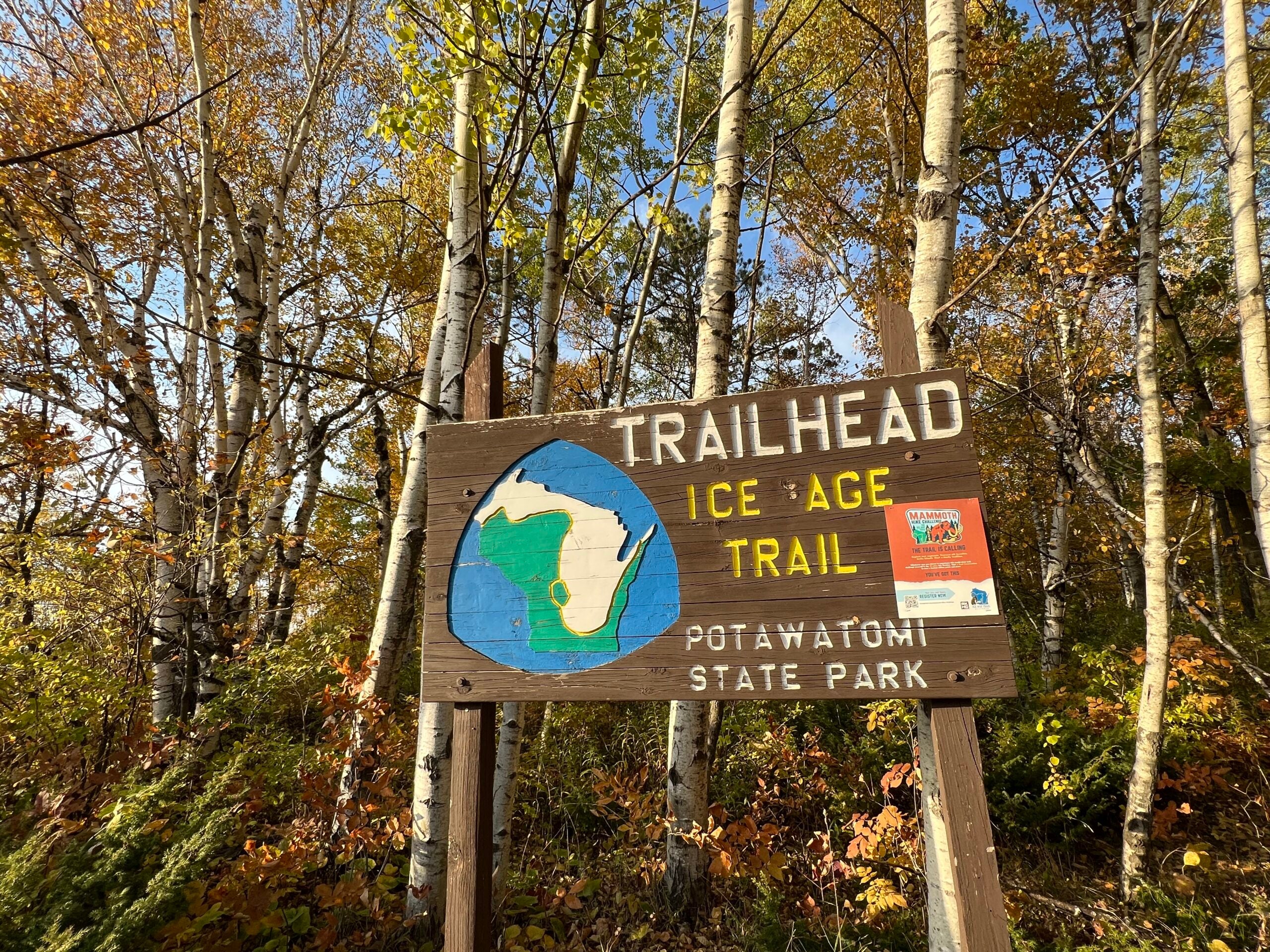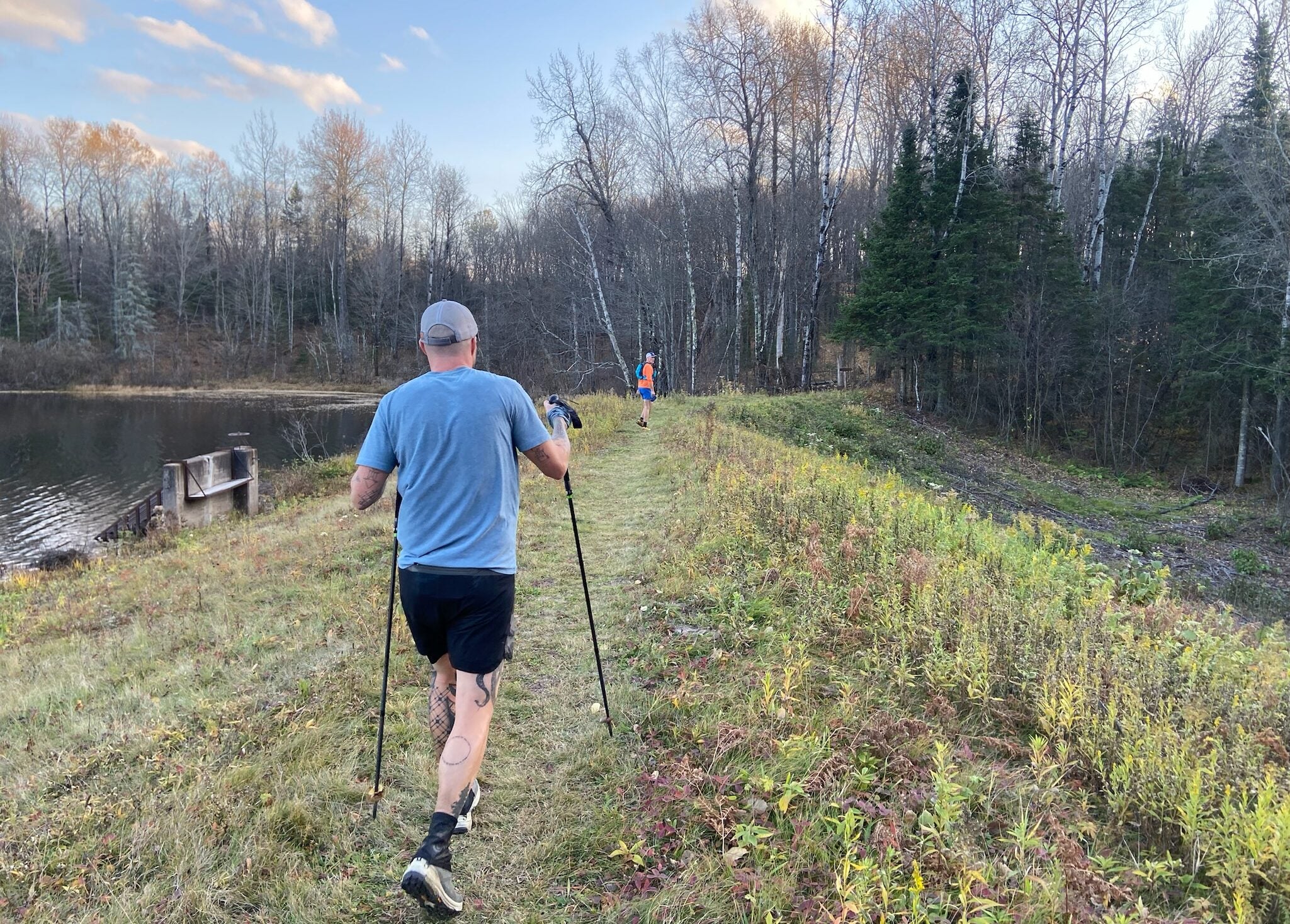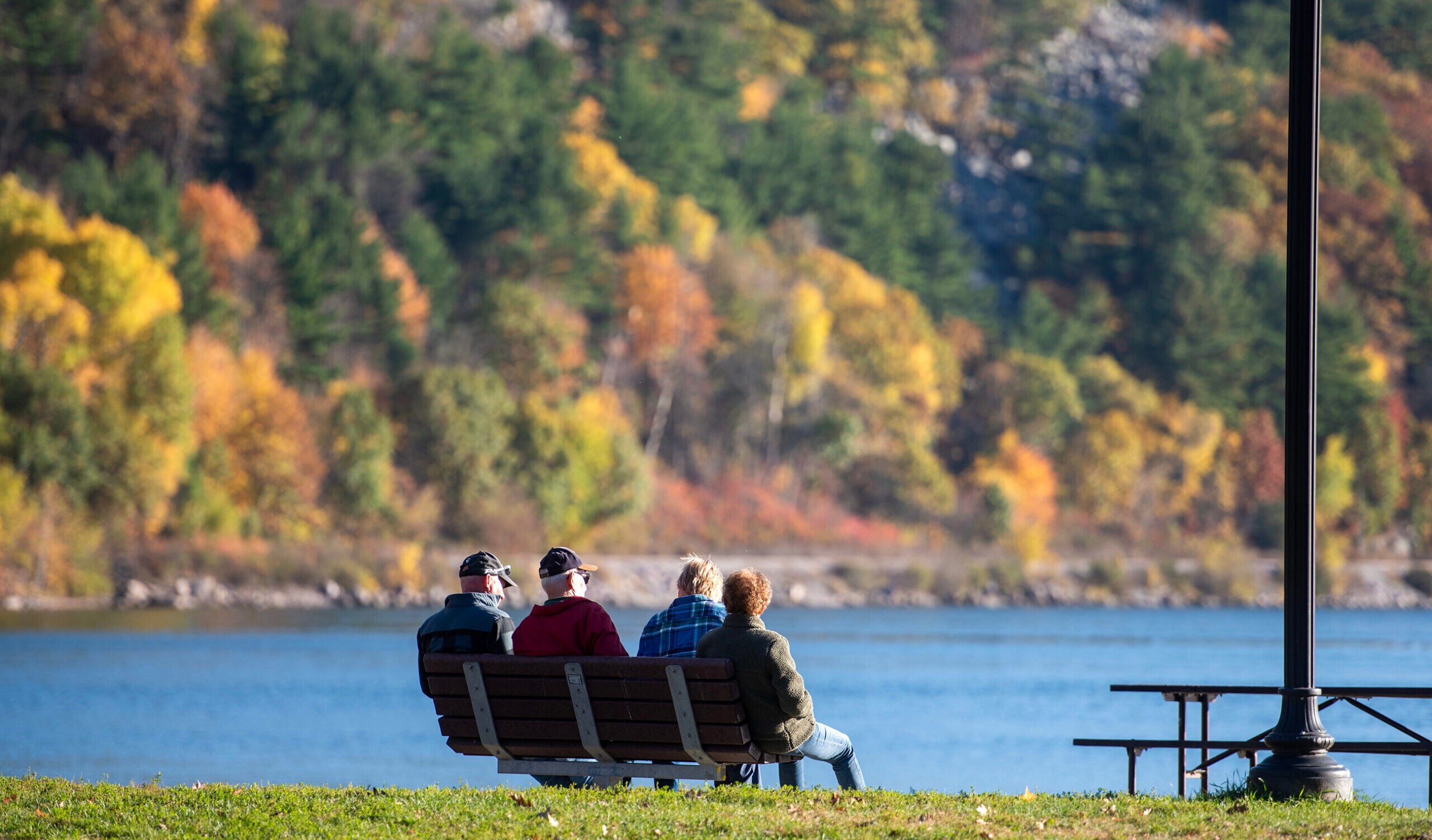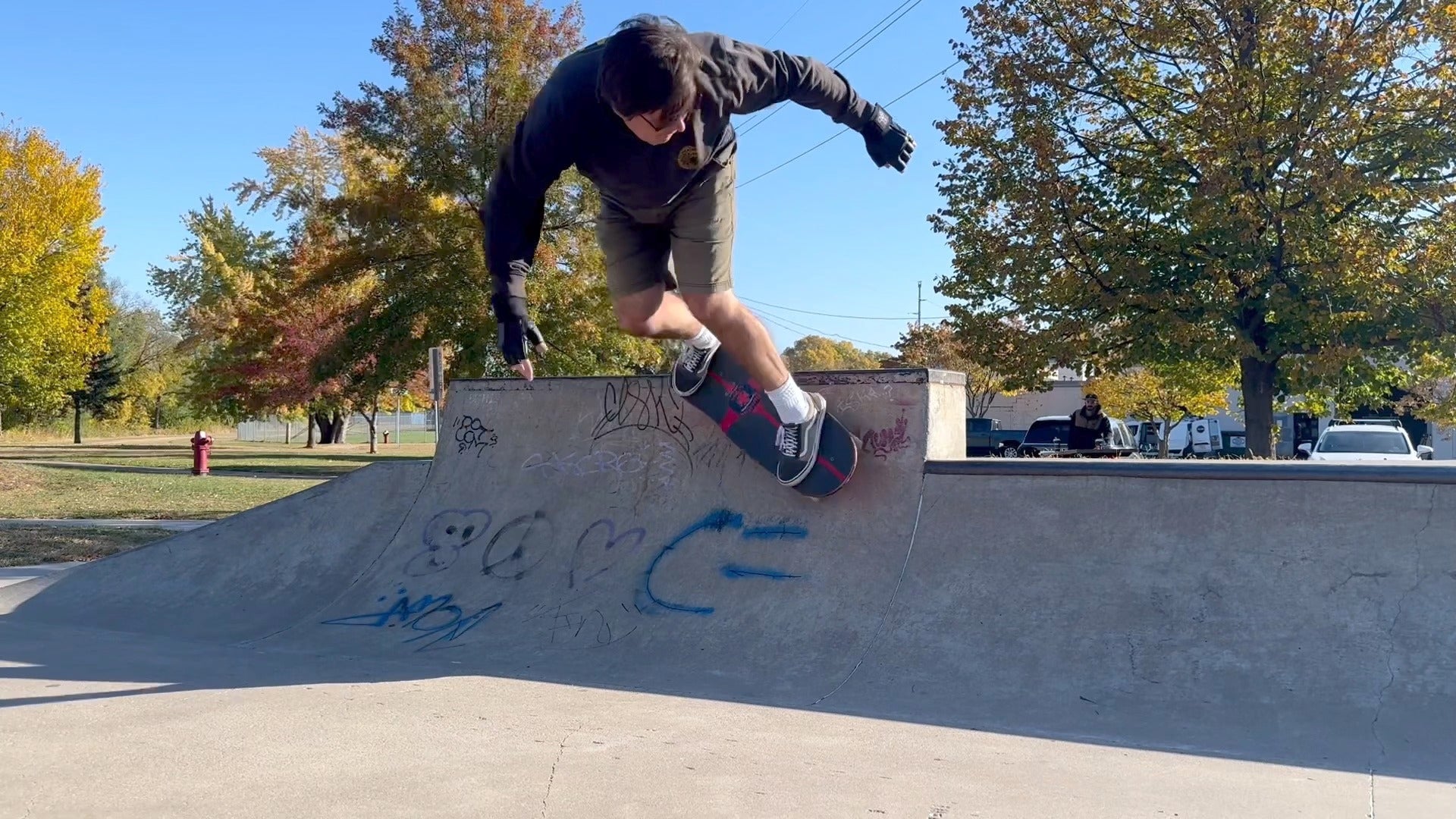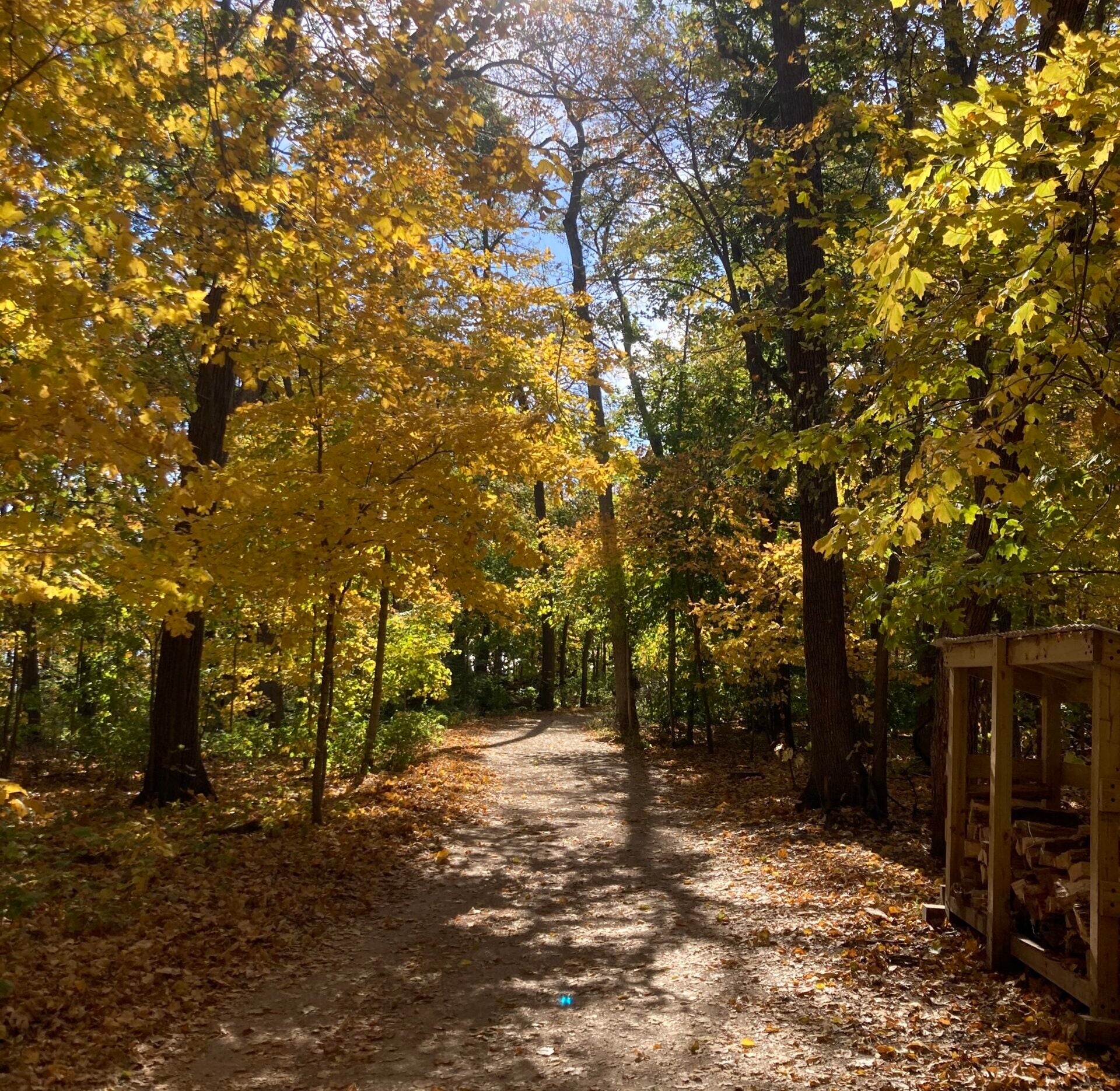When businesses shuttered and schools went remote during the start of the COVID-19 pandemic in 2020, Wisconsin residents flocked to parks and nature trails across the state.
Now, a new report from the Wisconsin Policy Forum found that Wisconsinites are still using state parks at higher rates than before the start of the pandemic. The report found there were 518,848 state park sticker sales recorded in 2023, up from 346,491 in 2019 — a nearly 50 percent increase.
Tyler Byrnes, the lead researcher on the report, said there were massive increases in outdoor recreation seen across the state in 2020.
News with a little more humanity
WPR’s “Wisconsin Today” newsletter keeps you connected to the state you love without feeling overwhelmed. No paywall. No agenda. No corporate filter.
“More people went out and fished, more people went out and hunted, more people went to our state parks,” Byrnes said. “What we found is a lot of these increases have stuck, especially state park use.”
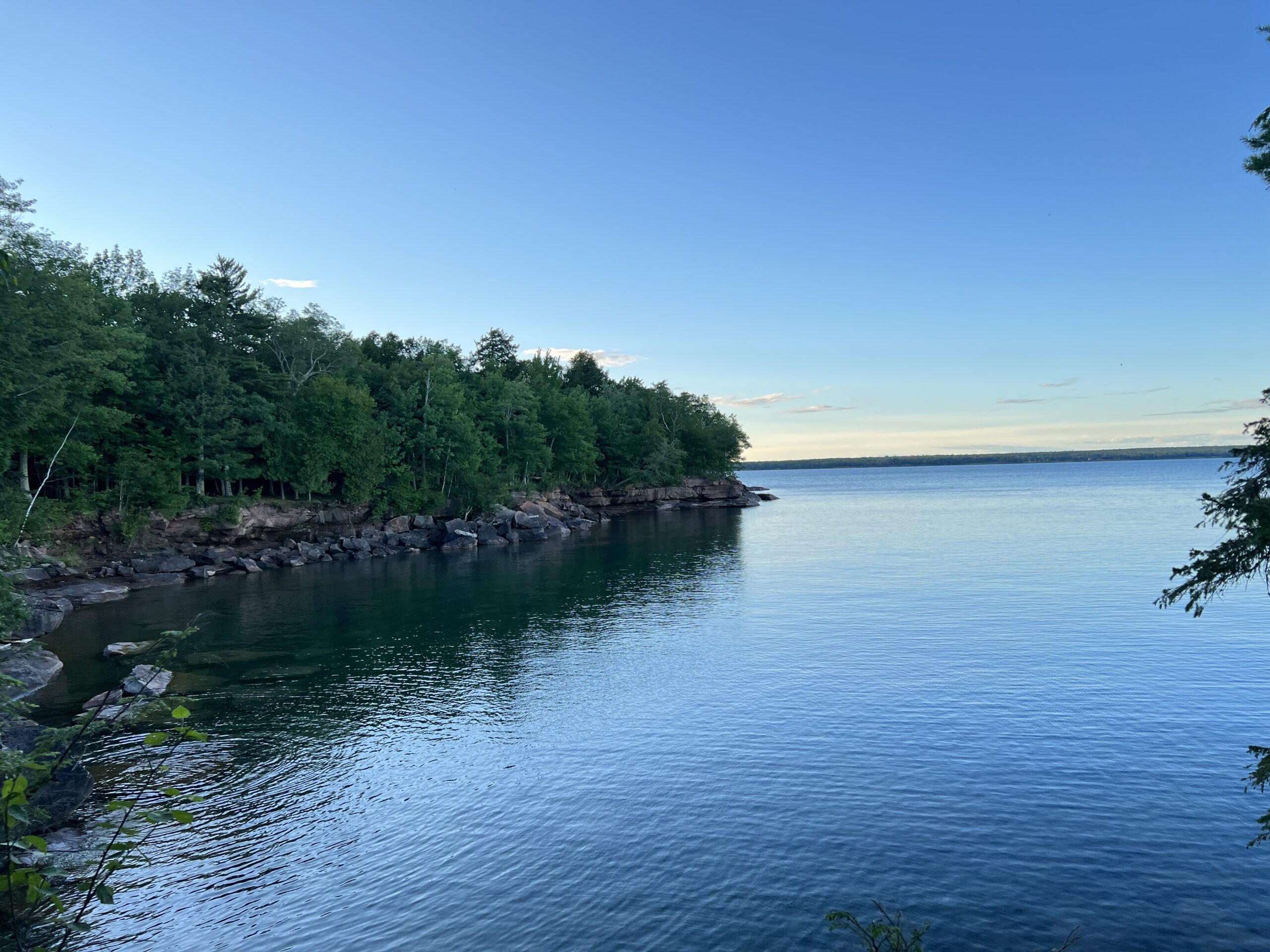
Even though state park sticker purchases for nonresidents of the state last year were 36.7 percent lower than what they were in 2020, they’re still 53 percent higher than what they were in 2019, the report found. The report also said data from the Wisconsin Department of Natural Resources found that “reported visits” to state parks have increased by more than 21 percent from 2019 to 2023.
Corrina Regnier, the camping program manager for the DNR, said people are still using camping to get away.
“The pandemic kind of spurred some extra interest in recreating outdoors and the investment both in time and resources to the outdoors I think has continued, even while folks have been able to congregate indoors,” Regnier said.
She said overnight bookings at state campgrounds are down 2 percent this year compared to last year.
“I thought we might have seen more of a dip than we did but it seems like the bug has bitten a lot of Wisconsin campers and they’re still interested in getting out there even this year and next year as well,” Regnier said.
Outdoor recreation in Wisconsin generated $9.8 billion to the state’s gross domestic product in 2022, according to a federal report.
“The tourist economy is really bolstered by these types of numbers,” Byrnes said.
Fees for hunting or fishing licenses also help pay for “habitat management, fish stocking, trail maintenance, public land acquisition, and the state’s game wardens,” the Wisconsin Policy Forum report found. But the report found that a those license sales have slowed down since 2020.
“This is indicative of a broader trend in outdoor recreation, which is that people are still going outside in tremendous numbers — fewer folks are hunting and fishing — more people are going out and doing things like camping, hiking, bird watching,” Byrnes said.
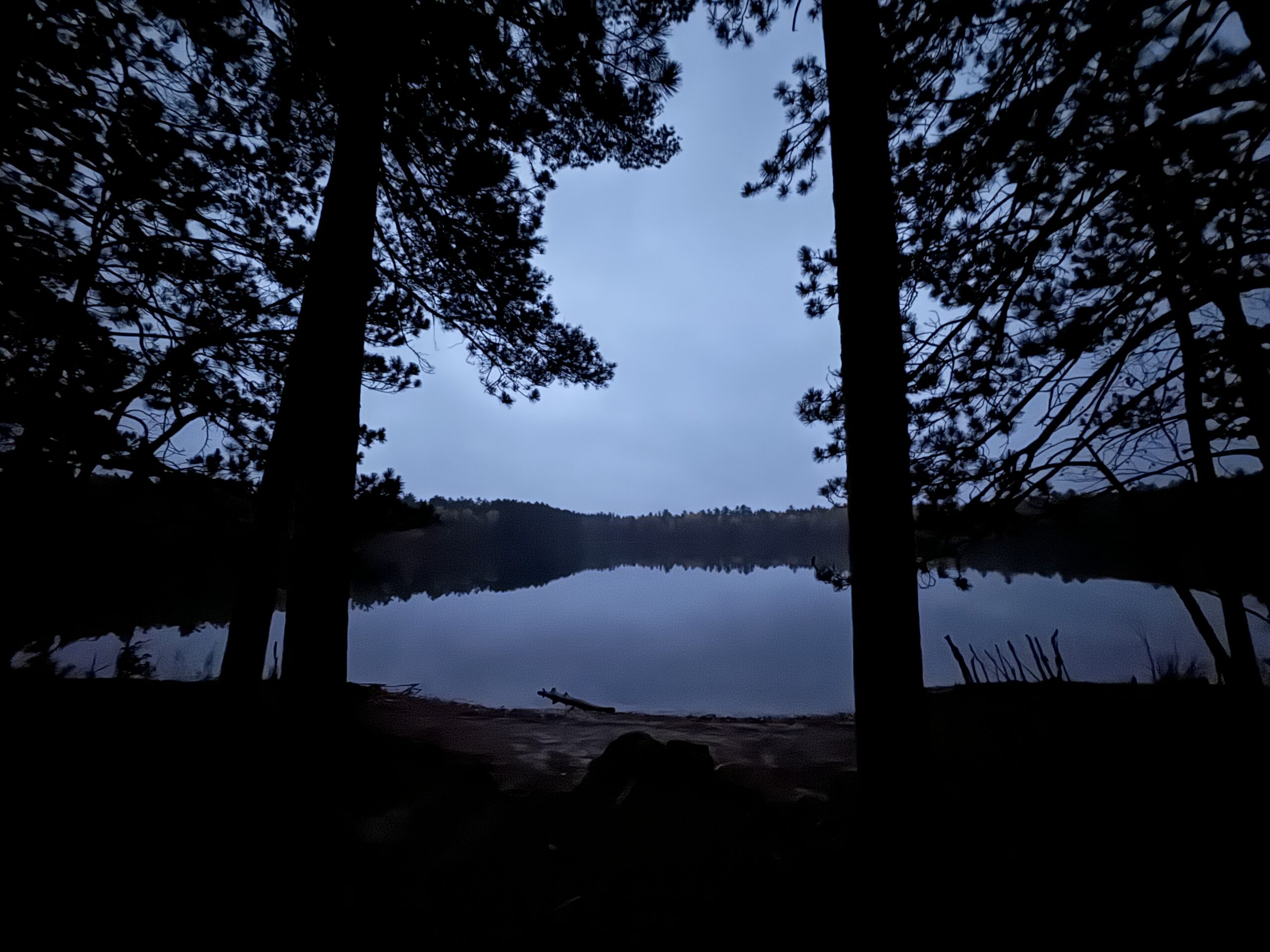
Brian Haydin, the president of the Great Lakes Sport Fishermen of Milwaukee, said he believes participation in hunting and fishing has been declining for the past 30 to 40 years.
“It’s real and it’s probably going to continue to happen as people’s interests have changed,” Haydin said.
“It’s been steady, it really has,” he added.
Haydin also said he thinks there are fewer people going to deer camp — when people go up north in Wisconsin to hunt — due to a “generational interest gap.”
“As the older generation has aged out, the kids just aren’t as interested in it,” Haydin said. “And you’re finding fewer mentors to be able to introduce people that do have an interest.”
Haydin said he’s somewhat hopeful that there’s a resurgence of people getting interested in fishing, as the club’s kids fishing clinic has seen an uptick in attendance recently. Even so, he said he doesn’t think it’s a sign that participation will take a turn for the better.
“I don’t know that it’s enough to reverse it,” Haydin said.
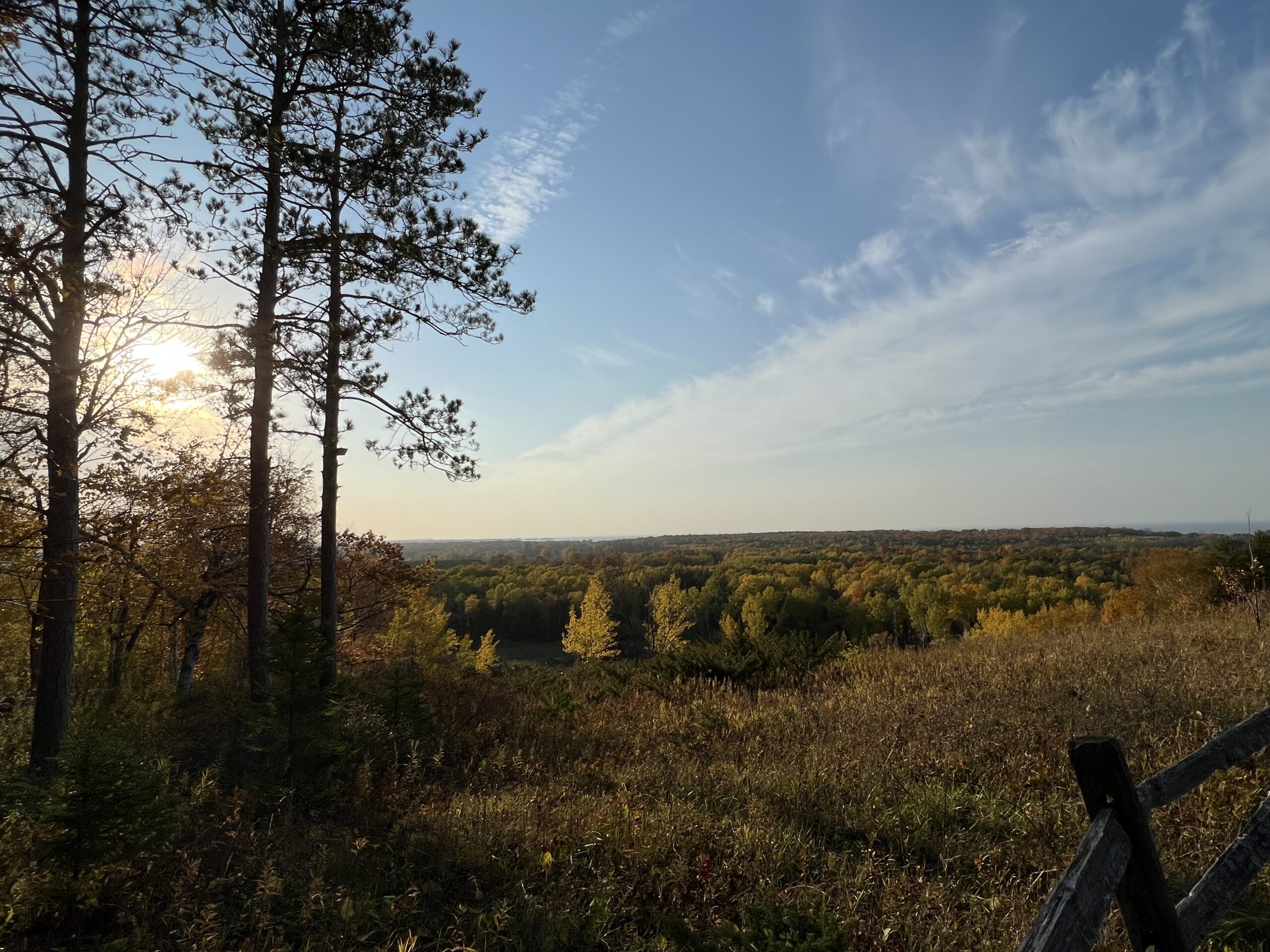
Wisconsin Public Radio, © Copyright 2025, Board of Regents of the University of Wisconsin System and Wisconsin Educational Communications Board.

